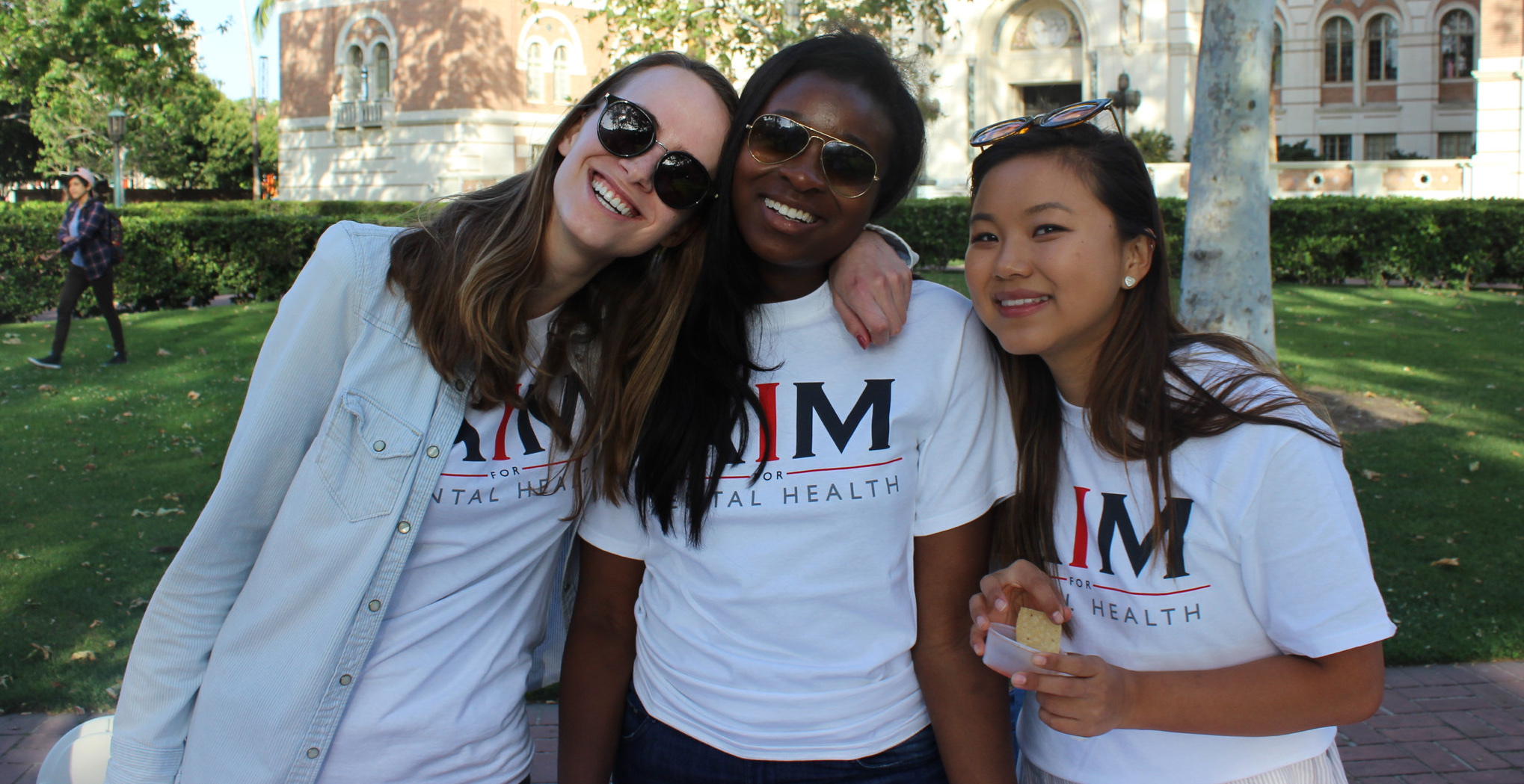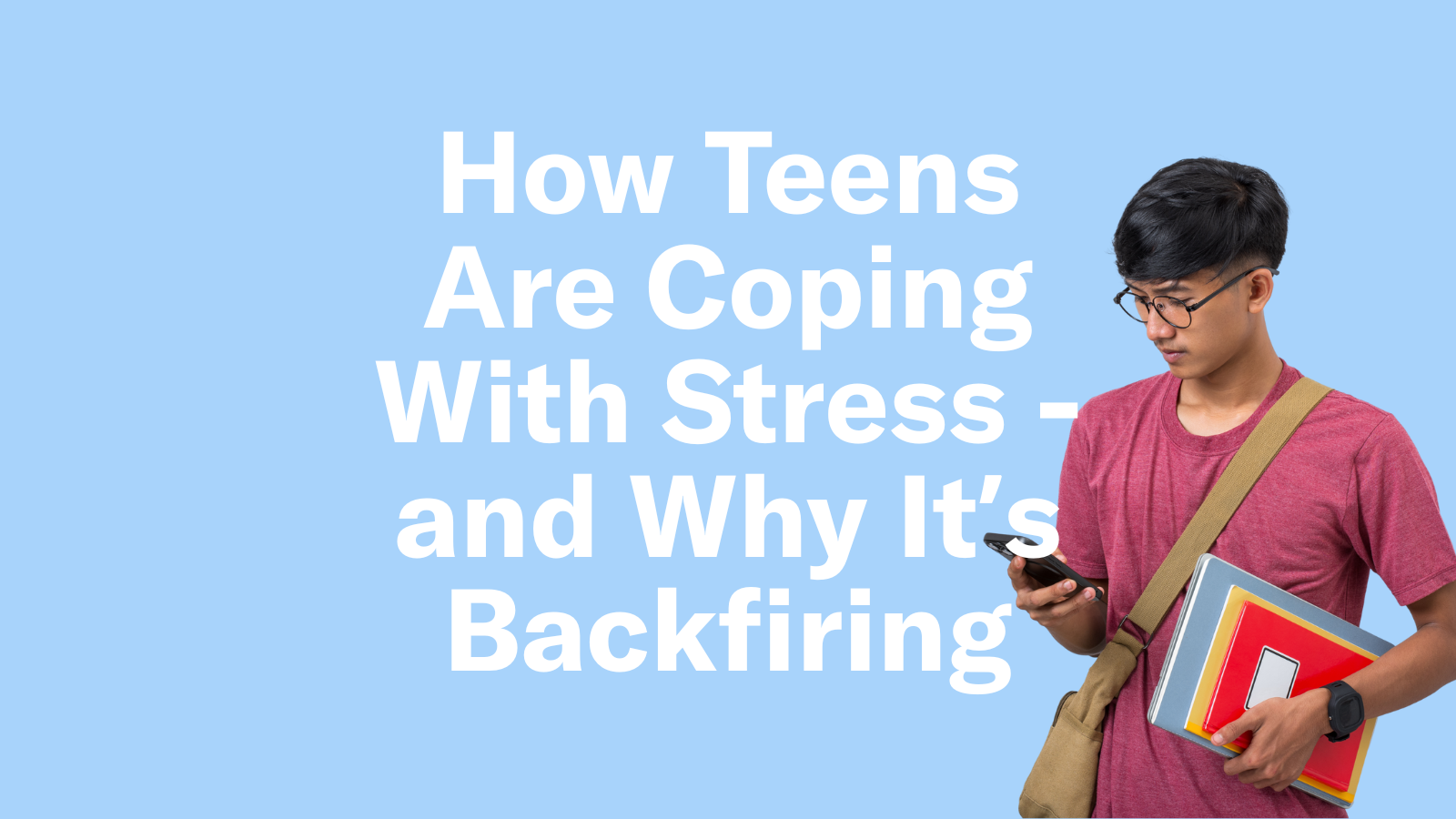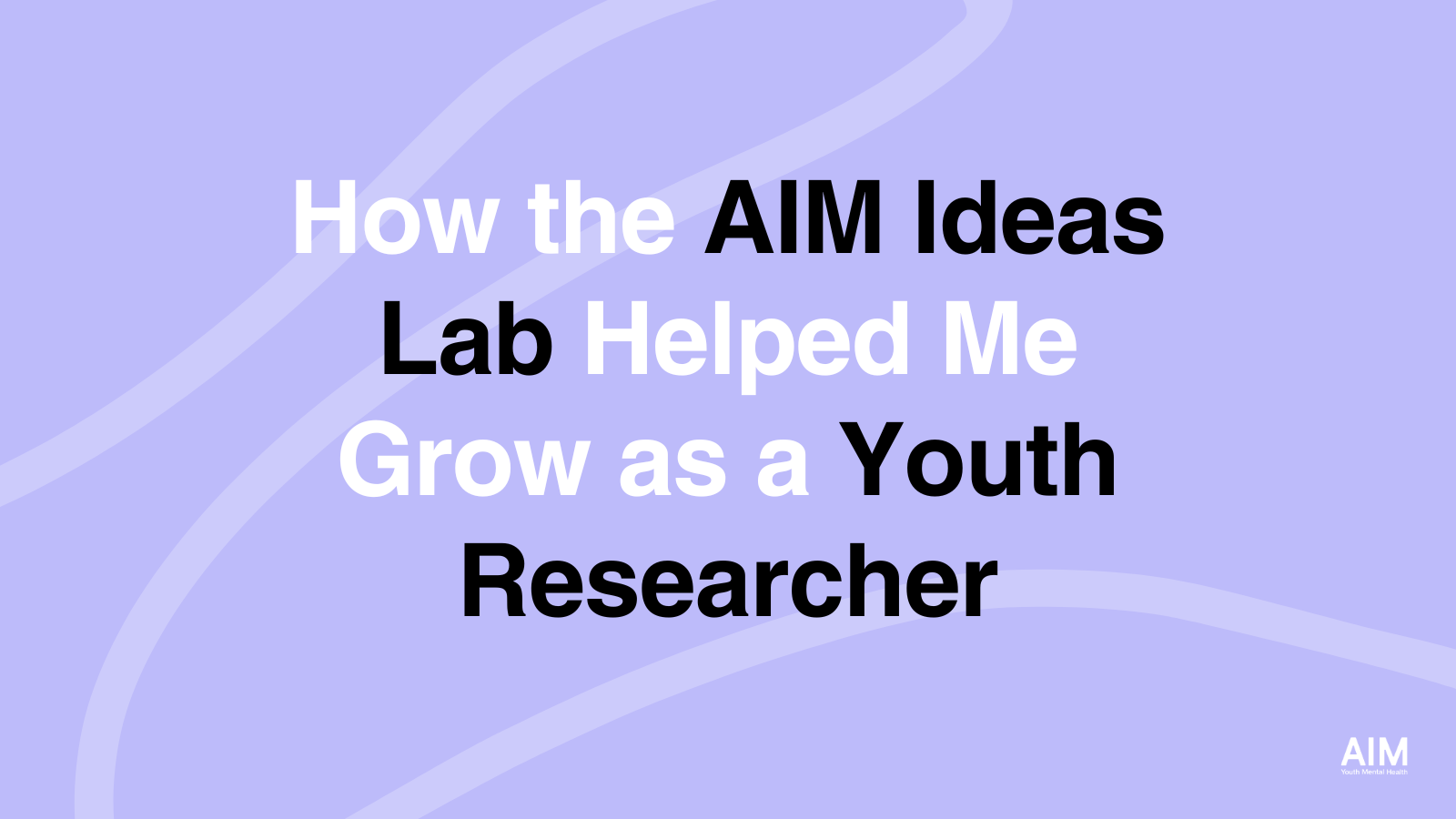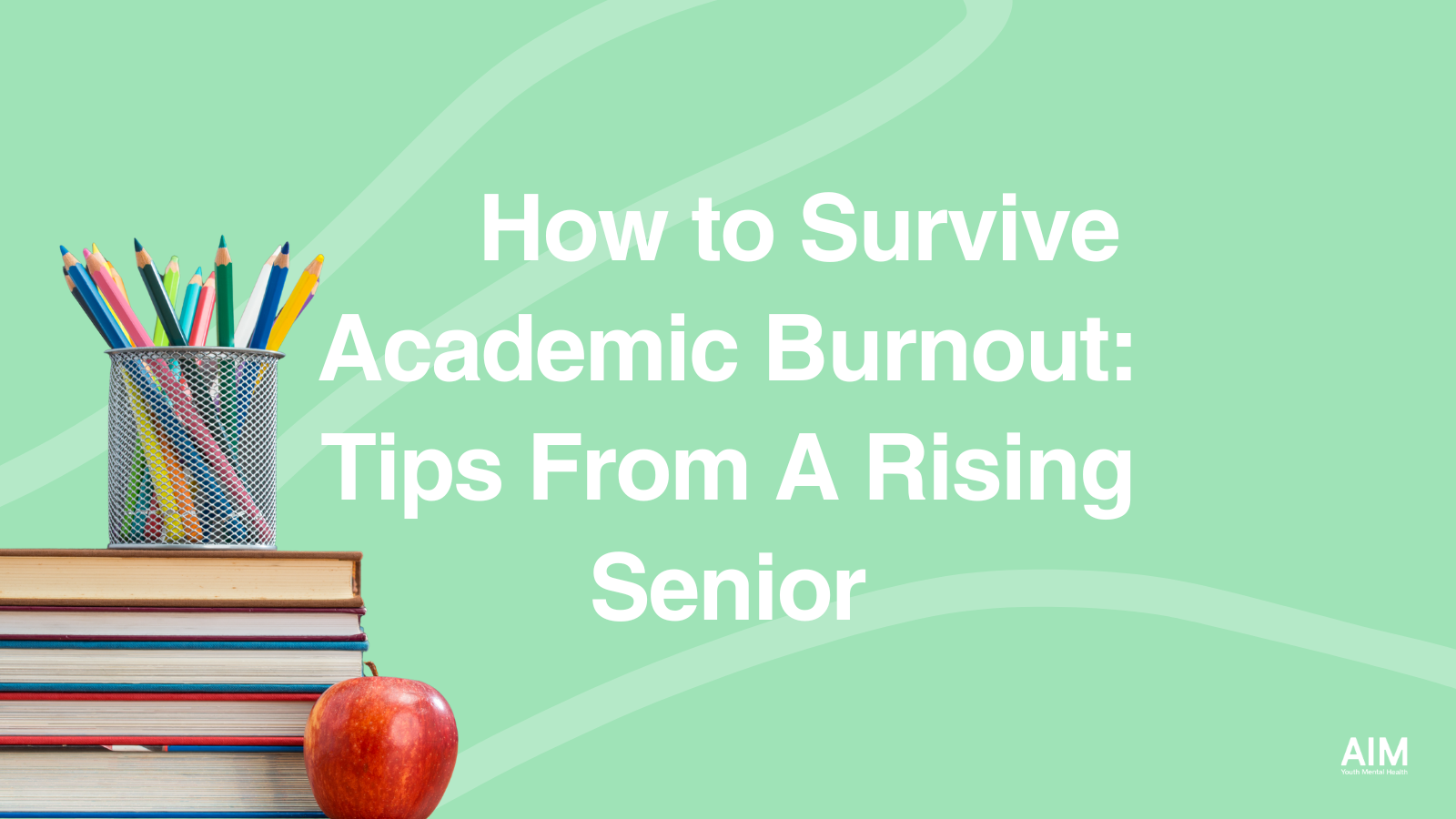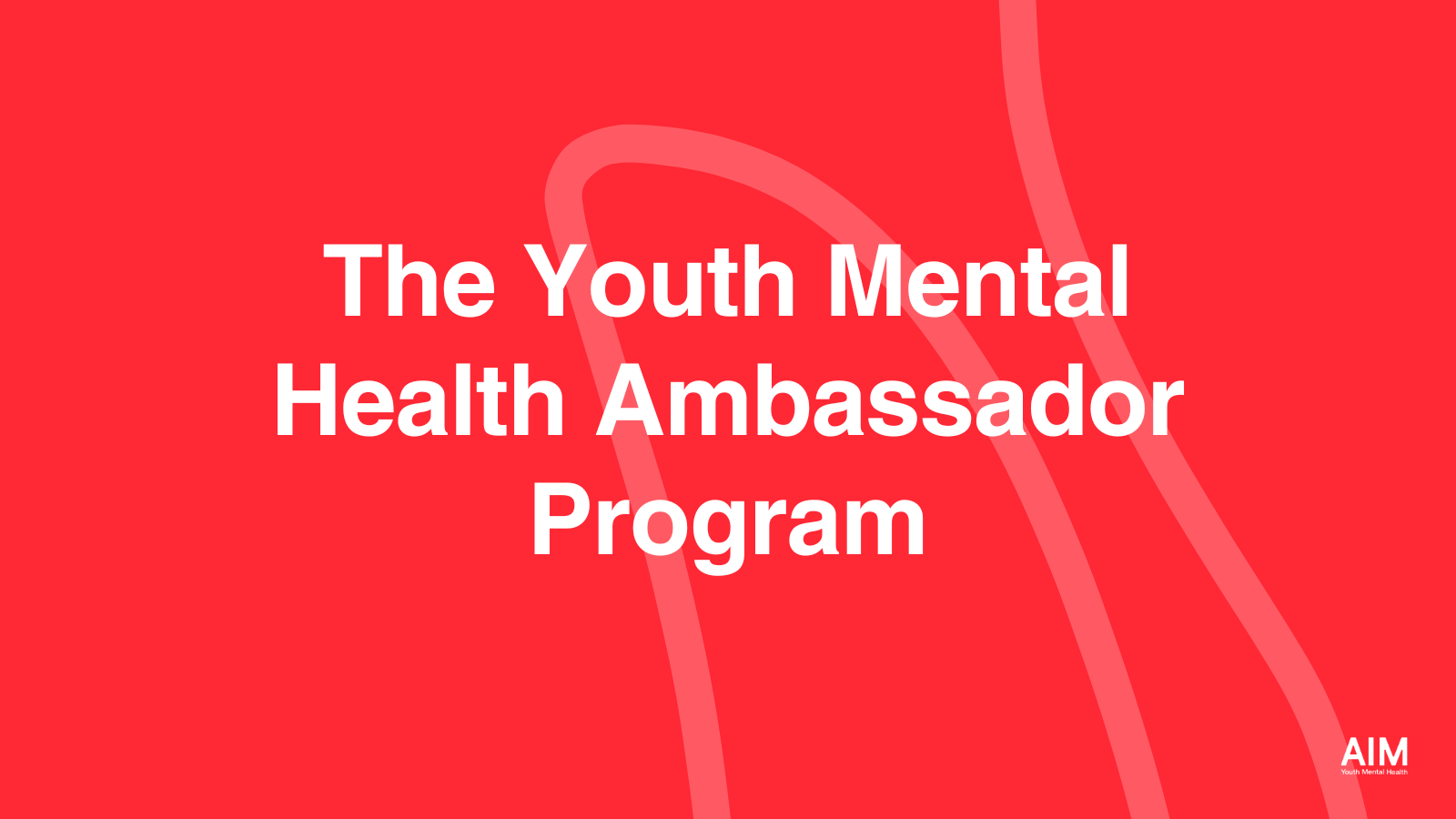Kindness not only feels good, it also is good for us. The Greater Good Science Center at UC Berkeley—a leader in research on the science of social and emotional well-being—confirms that “experiments have actually demonstrated again and again that kindness toward others actually causes us to be happier, improves our health, and lengthens our lives.”
In fact, it may have even contributed to our survival. Evolutionary anthropologist Brian Hare and journalist Vanessa Woods explain in their book “Survival of the Friendliest” that kindness is the key to socialization. Forming relationships with folks different from us can help to prevent some crueler parts of human nature like dehumanization and prejudice. That self-domestication lends itself to friendliness and cooperation that has helped us thrive over centuries.
In recent years, positive psychology has explored the study of topics like kindness, gratitude, and other positive emotions and their impact on our wellbeing. Some of these studies show us that practicing kindness (from acts of generosity to volunteering to fostering more compassion in our daily lives) can all be a valuable strategy for improving our mental health.
The science of kindness is chemical. Acts of kindness release oxytocin (“the love hormone”) as well as dopamine and serotonin (“feel-good” hormones that can help regulate our mood and give us a feeling of euphoria). This chemical response is credited for the term “helper’s high”—the sort of boost you can feel from volunteering or helping someone else.
Other research-backed kindness practices that can boost your mental health include:
- Random acts of kindness: Various studies have explored the impact of performing random acts of kindness. One in particular, by Sonja Lyubomirsky and colleagues, found that engaging in acts of kindness over a 6-week period boosted well-being. Another by Elizabeth Raposa and colleagues found that those who perform more daily acts of kindness experienced fewer negative emotions and less stress. Acting kindly can even reduce social isolation, anxiety, and depression.
- Volunteering: Studies on altruism and volunteerism, such as research by Stephen Post and Allen Luks, have shown that helping others substantially reduces symptoms of depression. This may be especially true for our youth! Adolescents with altruistic motivation report happiness levels three times higher than those who don’t.
- Meditation: Research on compassion meditation, like that of Thupten Jinpa and Tania Singer, has shown that cultivating compassion through meditation practices can have a positive impact on our mental health from adaptive social functioning and communication to prosocial behavior and decision making.
Ongoing research in the fields of psychology, neuroscience, and social science continue to shed light on the relationship between kindness and mental health, and how individual responses may vary.
It’s worth noting that kindness’s effect on our mental health works both ways. Receiving acts of kindness from others positively impacts our mental health, fostering feelings of gratitude, connection, and a sense of being cared for.
So, if your Thanksgiving table is anything like mine, I can guarantee you’ll be surprised by this next finding: when it comes to gratitude practices in particular, receiving gratitude has much more potent, positive effects on shifting our neurobiology than giving gratitude.
And those effects are worth it. Just some benefits of gratitude include:
- Feeling happier
- Strengthening positive recall
- Deepened resilience to trauma (including reframing prior trauma and gaining perspective to cope with trauma later in life more effectively, by shifting our fear and defense networks in the brain)
- Boosts immunity and heart health
- Calms the nervous system
- Helps us to make healthier choices
- Fosters stronger connections and relationships
- Improves communication
- Reduces activity in our anxiety and fear circuits while increasing our circuits for feelings of wellbeing and motivation
Perhaps this year, in the name of neuropsychology, instead of going around the Thanksgiving table to give thanks, encourage your table to take turns turning to the person on your left and expressing gratitude for them. Allowing everyone to have a chance to receive this gratitude, and watching others express and receive gratitude, will help everyone at the table maximize those juicy benefits.
Now knowing that random acts of kindness contribute to our own mental wellness… are random acts of kindness altruistic or self-serving? The jury is still out. Personally, I enjoy the Dalai Lama’s take on it: “If you want others to be happy, practice compassion. If you want to be happy, practice compassion.”
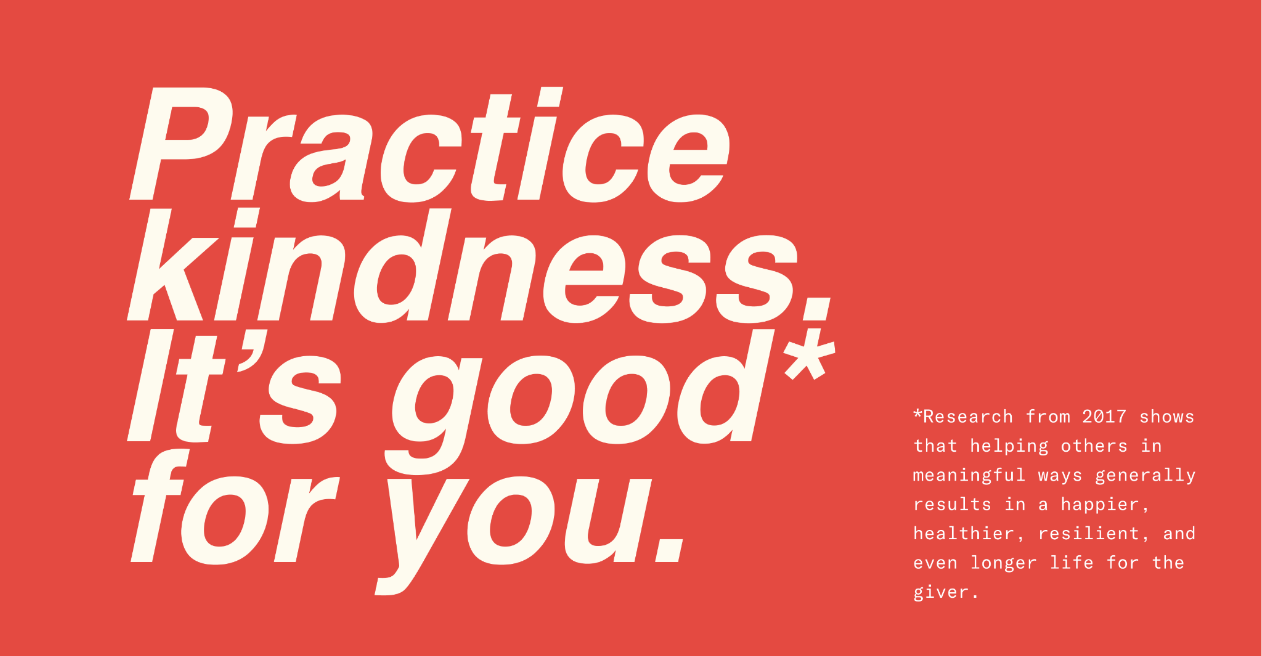 ______________________
______________________
About The Author
Meadowlark Monaghan (she/hers) is a consultant using her knowledge gained as a mental health professional to act as a liaison between brands, creators, + online communities with the field of psychology and mental health. She also co-hosts the personal development podcast, Thoughts May Vary. Her work has been seen with Madhappy, Local Optimist, The Mayfair Group, Lonely Ghost, AIM Youth Mental Health, NAMI San Diego and more.
